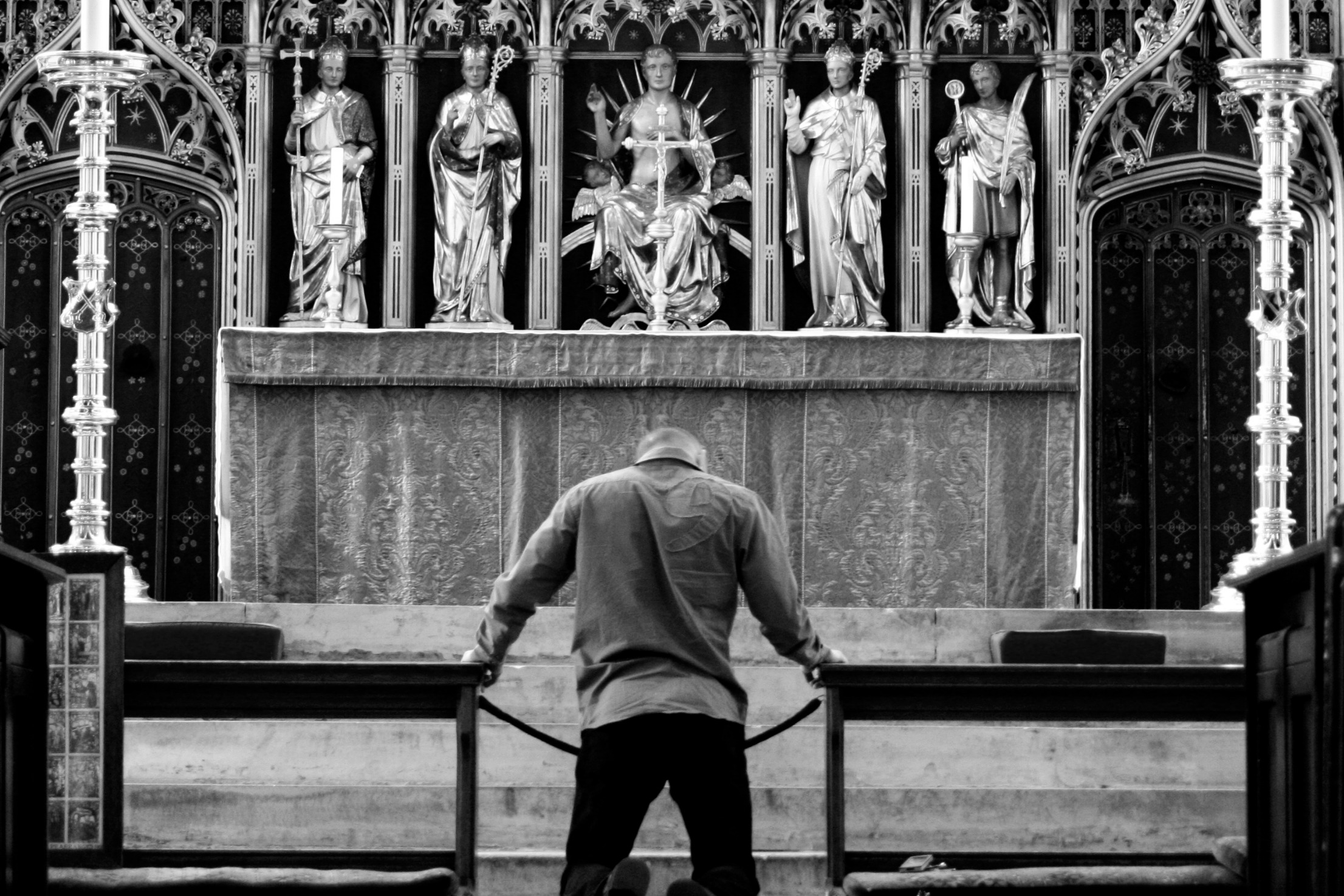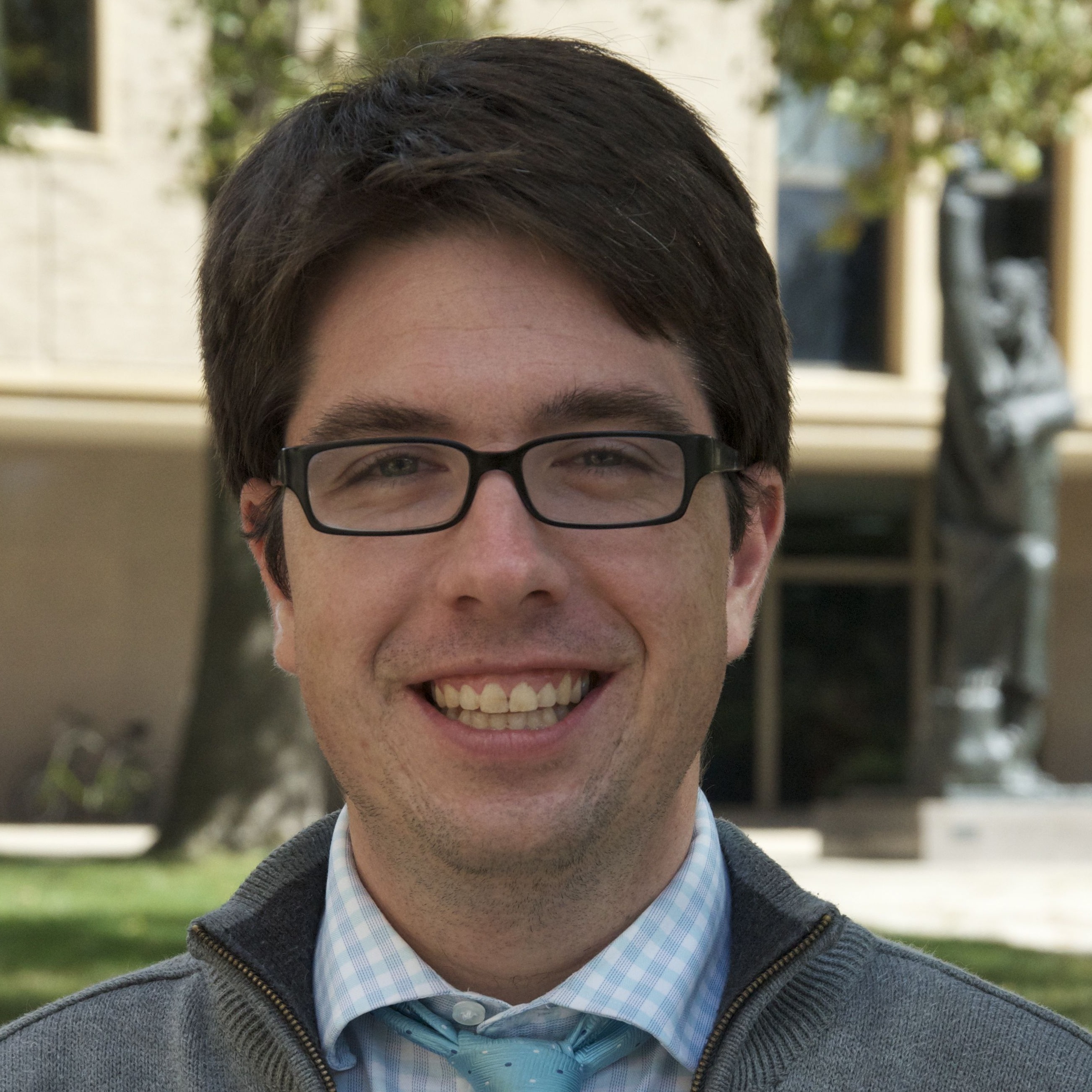Intercessory prayer is a stumbling block for many people. We ask God for the healing of a friend and hear only silence. Why does it seem that God does not answer our prayers?
Abraham’s encounter with God in Genesis will certainly trouble these seekers. As God prepares to enact divine justice upon the people of Sodom and Gomorrah, Abraham persistently intercedes for the cities before God. His dialogue saves the city (at least for a time) for the sake of the just.
Yet, my prayer with God is often less efficacious than Abraham’s. I pray for the safety of the world, only to see violence unfold in every corner of the globe. I pray for the health of my friends and family, only to see them succumb to cancer. Am I naïve?
Jesus teaches us in the Gospel of Luke that prayer is less about bargaining, getting our way, and more about learning to see the world through God’s eyes.
Jesus teaches his disciples a shorter version of what we know as the Lord’s Prayer. The first phrase asks that the Father’s name be hallowed. In “hallowing” God’s name, the disciples draw a distinction between themselves and God. God is holy. If we are to be holy, we must share in God’s holiness.
The prayer asks that the Kingdom may come. In the Gospel of Luke, the coming of the Kingdom is marked by Jesus’ proclamation that God’s definitive action in history has begun with the birth of the Son at Bethlehem. Through the seeming powerlessness of the Son of Man, the powerful will be dethroned. God’s reign of justice and peace commences.
Jesus then teaches his disciples to pray for daily bread. The Greek word for daily (epiousios) may also mean necessary. The disciples are taught to pray for that day’s necessary bread, which always comes as a gift from God.
Jesus then invites the disciples to pray for the forgiveness of their sins and to forgive the sins of all others. The Kingdom of God is marked by the forgiveness of sin, an invitation to participate in the mercy of God made manifest in Jesus Christ. Those who receive mercy are to practice mercy.
Finally, Jesus teaches them to pray that they may avoid the testing. In this prayer, the disciples recognize that there is a definitive moment in which God’s final judgment will take place. The disciple is to live in this moment at all times so as to avoid the testing.
In Luke, the Lord’s Prayer is introduced with a variety of images in which the disciple is called to trust in God. God listens to our persistence. God gives us what we ask for.
Jesus has not answered our initial question about the silence we too often hear in prayer. That is, until the very last line of the Gospel: the Father does not give wicked things to his children but instead sends the Holy Spirit.
Jesus is teaching more than naïve trust in the midst of unanswered prayers. For Jesus too will pray in the Garden the night before he dies that the cup may pass and yet he will hear silence. His friends will abandon him. Still, he gives his will over to the Father in love, hopeful that even his death can be transformed through the power of the Spirit, faithfully aware that God’s will can be done even in the midst of human evil.
Christian prayer, therefore, is not about changing God’s mind. Instead, it is asking the faithful Father for all things and receiving back an outpouring of the Spirit that gives us strength even in the midst of what seem like unanswered prayers.
God hears our prayers. That’s the radical claim of the Gospel.
![]()
This article originally appeared in Our Sunday Visitor: Newsweekly on July 13, 2016 and is reproduced here with the permission of the publisher.
Featured Photo: Glen Scott; CC-BY-NC-2.0.



